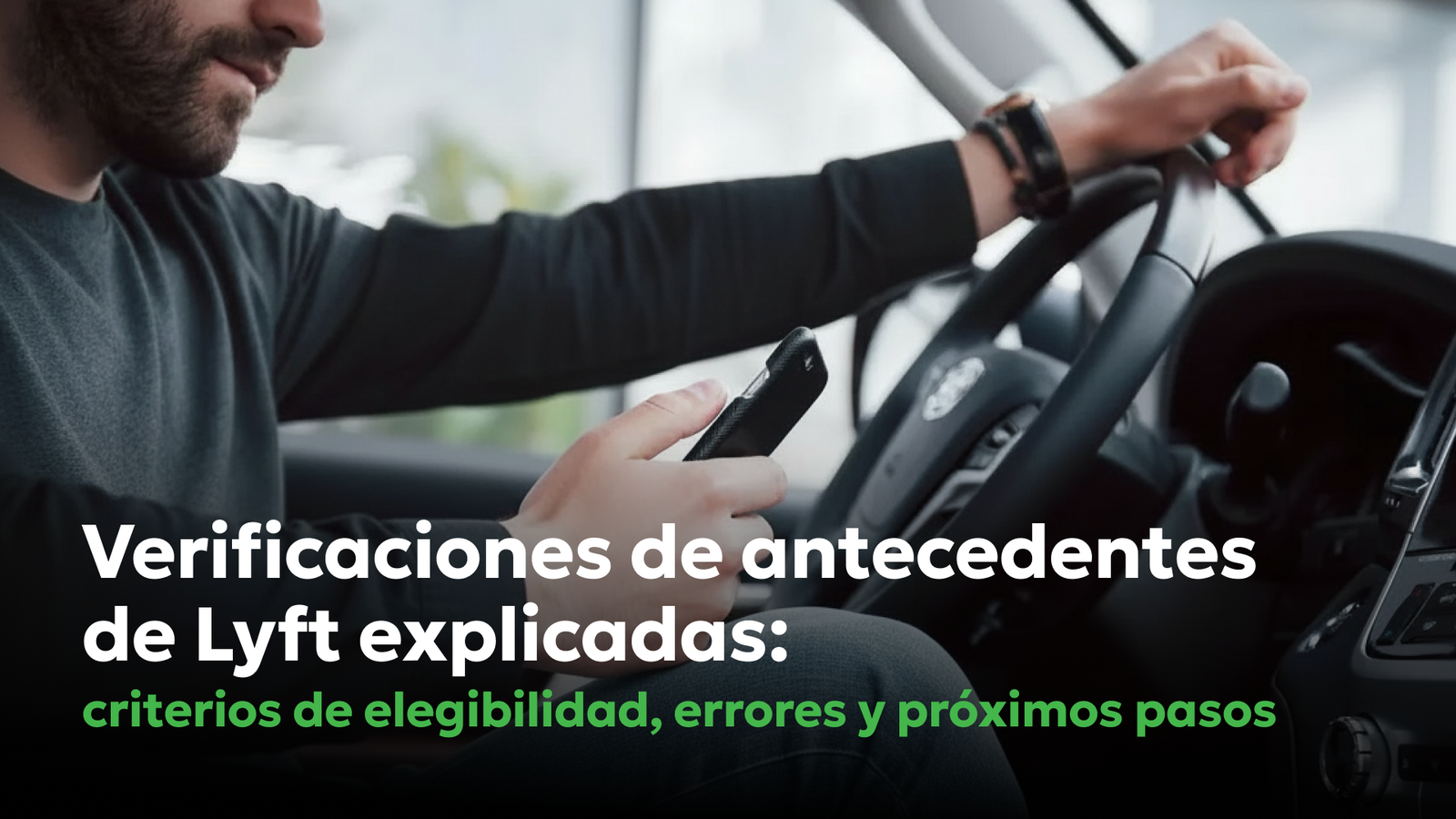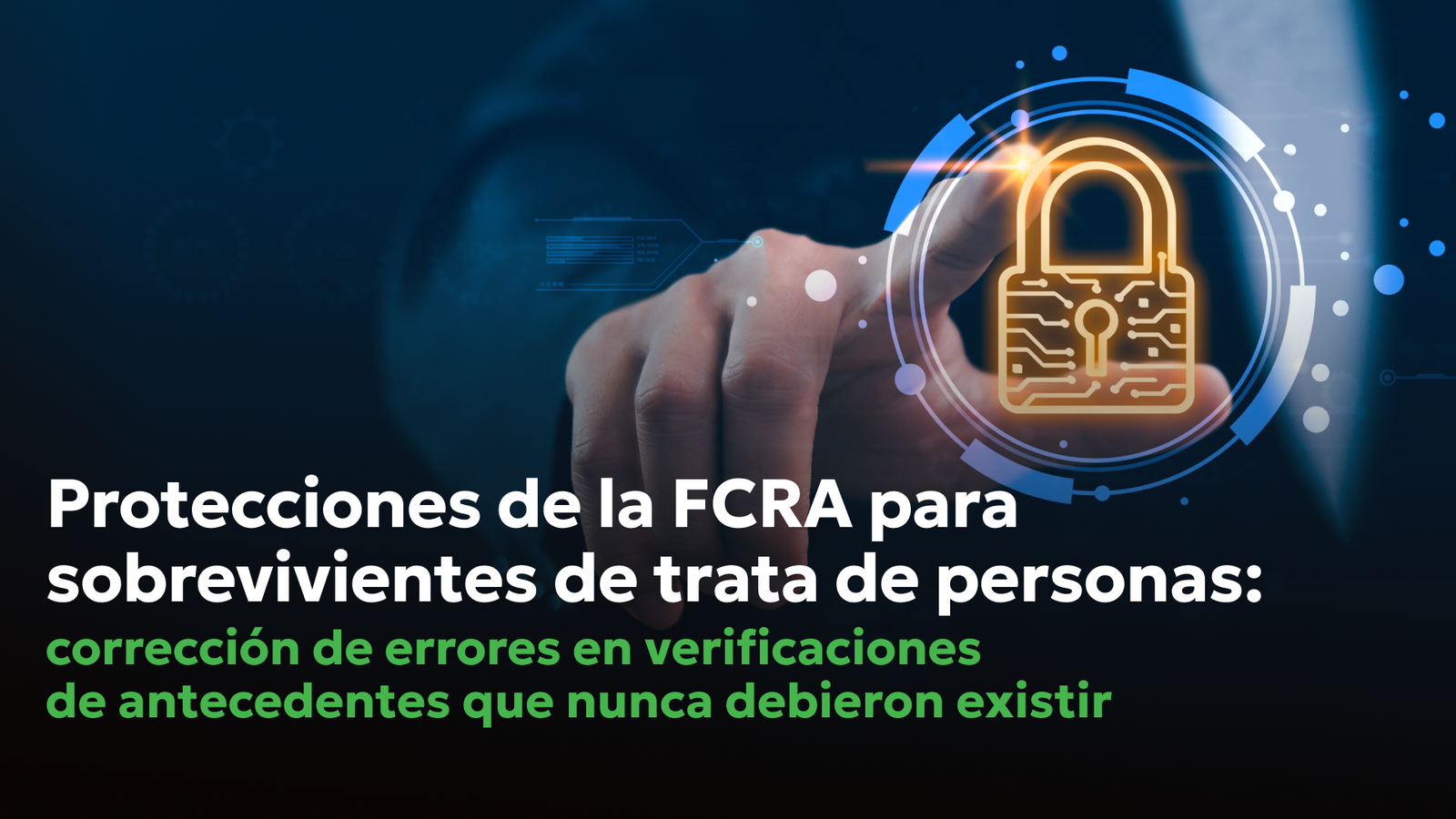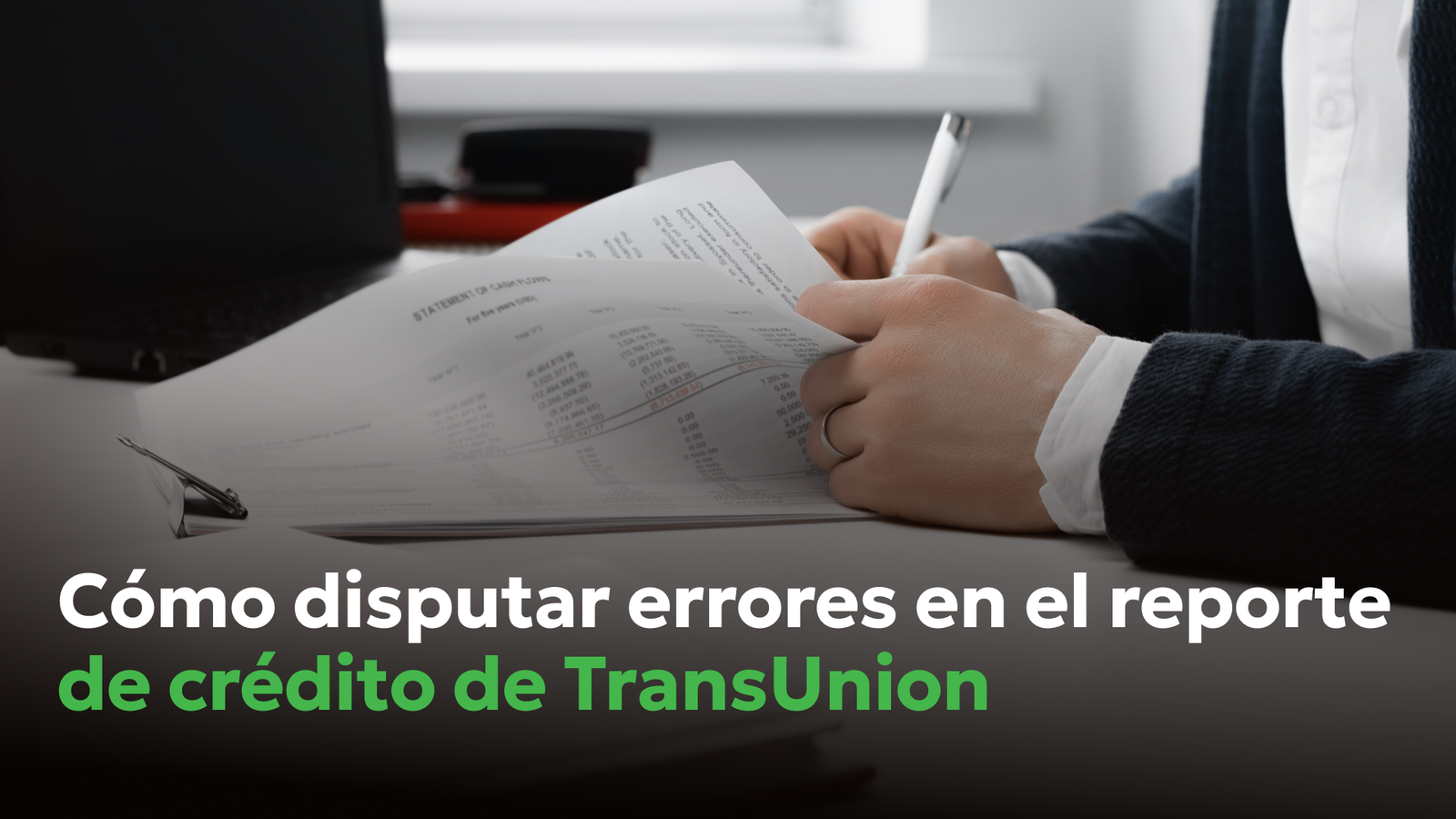Defendiendo SUS DERECHOS
en el hogar, en el trabajo y en la vida.
Somos un bufete de abogados de Nivel Nacional especializado en la Protección de los Consumidores y el Empleo. No cobramos honorarios a menos que ganemos.
Los matones corporativos no tienen ninguna oportunidad.
Los matones corporativos no tienen ninguna oportunidad.
Moshe Boroosan Esq.,
Socio Gerente
Nosotros

Estamos donde usted se encuentre.
Fundada por el abogado Daniel Cohen en Nueva York, NY, Consumer Attorneys creció rápidamente hasta convertirse en un bufete de abogados de alcance nacional con un enfoque inquebrantable en el bienestar del cliente y una comunicación clara. Creamos un bufete de abogados con los recursos, la experiencia y la dedicación necesarios para protegerlo a USTED dondequiera que viva, trabaje y haga negocios. Nos consideramos los guardianes definitivos de la equidad y nuestra misión organizacional es proteger a los consumidores ofreciendo asistencia legal integral para solucionar, combatir y reparar algunos de los desafíos más comunes que enfrenta en el mundo de los macrodatos, los malos jefes y las empresas descuidadas.
10,000+
Clientes a nivel nacional
Problemas resueltos. Finanzas arregladas. Vidas restauradas.
25+ años
Experiencia combinada
Proteger los derechos. Capacitar a las personas. Ganar pleitos.
$100+ millones
Recuperados para Clientes
Indemnización por perjuicios financieros y emocionales
Servicios Legales
Nuestras áreas de práctica
Nos especializamos en las áreas de práctica que más afectan y transforman la vida de nuestros clientes. Nuestro equipo, altamente calificado y experimentado, le brindará el apoyo necesario para enfrentar los desafíos legales, guiándolo de ser una víctima a un ganador, incluso en las disputas más complejas. Conozca nuestras áreas de práctica para descubrir cómo podemos ayudarle y empiece hoy mismo.
Los errores en las comprobaciones de antecedentes pueden obstaculizar injustamente sus perspectivas profesionales o de vivienda. Nos ocupamos de problemas como antecedentes penales incorrectos, cargos mal clasificados y notificación de condenas canceladas. Nuestro equipo se asegura de que las empresas de verificación de antecedentes cumplan las normas legales, protegiendo su futuro.... Más información
Informes de crédito inexactos pueden conducir a la denegación de préstamos, vivienda u oportunidades de empleo. Nuestros abogados se especializan en corregir errores como archivos mezclados, información desactualizada y anotaciones falsas de fallecidos. Hacemos responsables a las agencias de crédito bajo la Ley de Informe Justo de Crédito (FCRA) para restaurar su reputación financiera.... Más información
El robo de identidad puede afectar gravemente su vida financiera. Si en su informe crediticio aparecen cuentas o cargos fraudulentos, actuamos rápidamente para disputar esas inexactitudes y buscar una compensación. Nuestros abogados manejan la complejidad de los casos de robo de identidad para proteger sus derechos.... Más información
El acoso de los cobradores de deudas no sólo es estresante, sino a menudo ilegal. Defendemos a los clientes contra las tácticas de cobro agresivas, incluidas las reclamaciones falsas y la intimidación. Nuestra firma hace valer sus derechos bajo leyes como la Fair Debt Collection Practices Act (FDCPA) para detener las prácticas ilegales.... Más información
¿Por qué elegir Consumer Attorneys?
- Sin honorarios por adelantado: Operamos sobre una base de contingencia - usted no paga nada a menos que ganemos su caso.
- Representación en todo el país: Nuestros servicios se extienden por todo Estados Unidos, garantizando el acceso a la justicia esté donde esté.
- Éxito probado: Con millones recuperados para nuestros clientes, nuestro historial lo dice todo.
- Enfoque centrado en el cliente: Sus derechos y su bienestar son nuestras principales prioridades.
¿Listo para defender sus derechos?
Si usted está enfrentando problemas relacionados con informes de crédito, verificación de antecedentes, robo de identidad, cobro de deudas, o disputas de empleo, estamos aquí para ayudar. Póngase en contacto con nosotros hoy para una consulta gratuita y dar el primer paso hacia la justicia.
Contáctenos
Ubicación
De costa a costa, estamos donde nos necesite
Consumer Attorneys brinda asistencia legal a nivel nacional. Llame hoy para su consulta gratuita.
Recomendados por
Blog
Artículo destacado

22 Ene, 2026
Daniel Cohen
Verificaciones de antecedentes de DoorDash: cómo funciona el sistema, dónde falla y qué puedes hacer al respecto
¿Te negaron, retrasaron o dejaron en “consider” tu verificación de antecedentes de DoorDash? Esta guía explica cómo funciona el proceso de evaluación, los errores que afectan a los conductores y los pasos exactos para corregir información incorrecta y volver a la carretera.
4
18 min

22 Ene, 2026
Daniel Cohen
Verificaciones de antecedentes de Lyft explicadas: criterios de elegibilidad, errores y próximos pasos
¿Fue descalificado injustamente por Lyft? Descubra qué se considera realmente una descalificación en la verificación de antecedentes de Lyft, por qué ocurren errores y cómo impugnar una decisión incorrecta sin costos iniciales.
1036
3 min

21 Ene, 2026
Yaear Weintroub
Protecciones de la FCRA para sobrevivientes de trata de personas: corrección de errores en verificaciones de antecedentes que nunca debieron existir
Los sobrevivientes de trata de personas aún pueden enfrentar errores en reportes de crédito y verificaciones de antecedentes causados por el abuso. Conozca cómo la Regulación V de la FCRA permite bloquear información perjudicial y qué hacer cuando las agencias de informes no cumplen con la ley.
5
7 min

21 Ene, 2026
Daniel Cohen
Cómo disputar errores en el reporte de crédito de TransUnion
Los errores en su reporte de crédito de TransUnion pueden bajar su puntaje, bloquear préstamos y costarle oportunidades reales. Esta guía paso a paso explica cómo presentar una disputa, qué documentos enviar, qué sucede después del período de investigación de 30 días y cuándo las violaciones de la FCRA le otorgan el derecho de tomar acciones legales, con ayuda disponible sin costos iniciales.
1941
22 min
JUSTICIA CORRIGE
ERRO
R
ES™Consulta Gratuita
Sin costos ni honorarios para usted.
Usted no asume ningún gasto. La ley exige que ellos paguen.
Usted no asume ningún gasto. La ley exige que ellos paguen.
Contáctenos
Oficina Principal NY
68-29 Main Street, Flushing, NY 11367
Oficina
706 East Bell Rd., Suite 114, Phoenix, AZ 85022


